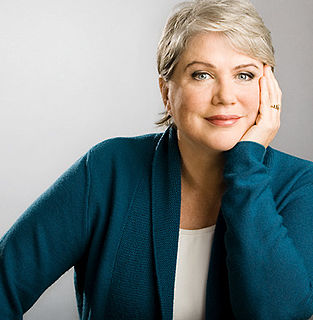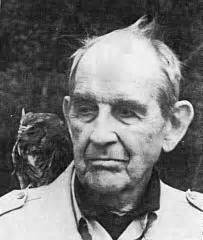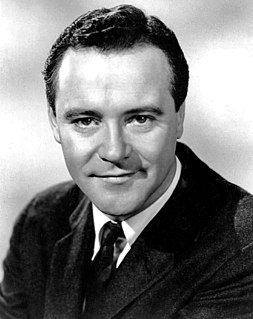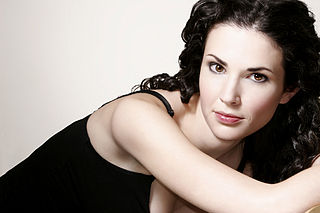A Quote by Paul Laffoley
For years [H.P] Lovecraft was defined as an atheist. Well, he wasn't saying anything about what he really was at all. He wasn't even an agnostic. That's exactly what the situation is, in other words, when you enter an eternal realm. You've got to know there is no religion.
Related Quotes
An atheist, like a Christian, holds that we can know whether or not there is a God. The Christian holds that we can know there is a God; the atheist, that we can know there is not. The Agnostic suspends judgment, saying that there are not sufficient grounds either for affirmation or for denial. At the same time, an Agnostic may hold that the existence of God, though not impossible, is very improbable; he may even hold it so improbable that it is not worth considering in practice. In that case, he is not far removed from atheism.
I just became a stronger agnostic, and then I started to realize that everyone who was saying they were agnostic really hadn't thought about it that much. Still, I went with agnosticism for a long, long time because I just hated to say I was an atheist -- being an atheist seemed so rigid. But the more I became comfortable with the word, and the more I read, it started to stick.
Now, we know this is what [H.P.] Lovecraft was into. Because he kept talking about how he wasn't interested in religion. In a heaven state there is no religion, meaning that you're seeing the whole thing ... I mean, to worship something means that it's something beyond you, right? In other words, it's not being revealed to you.
I am an atheist. There, I said it. Are you happy, all you atheists out there who have remonstrated with me for adopting the agnostic moniker? If "atheist" means someone who does not believe in God, then an atheist is what I am. But I detest all such labels. Call me what you like - humanist, secular humanist, agnostic, nonbeliever, nontheist, freethinker, heretic, or even bright. I prefer skeptic.
[H.P.Lovecraft] is thrust into some kind of outer space realm, like here [pointing toward the painting in progress]. In other words, he's recognized he's gone through R'lyeh, the Sunken City of R'lyeh, and then Cthulhu, the extraterrestrial, calls his band of worshippers home to recognize him as the anti-christ. This is all in The Necronomicon, something Lovecraft actually did make up.
Acting doesn't have anything to do with listening to the words. We never really listen, in general conversation, to what the other person is saying. We listen to what they mean. And what they mean is often quite apart from the words. When you see a scene between two actors that goes really well you can be sure they're not listening to each other - they're feeling what the other person is trying to get at. Know what I mean?
People are invariably surprised to hear me say I am both an atheist and an agnostic, as if this somehow weakens my certainty. I usually reply with a question like, “Well, are you a Republican or an American?” The two words serve different concepts and are not mutually exclusive. Agnosticism addresses knowledge; atheism addresses belief. The agnostic says, “I don't have a knowledge that God exists.” The atheist says, “I don't have a belief that God exists.” You can say both things at the same time. Some agnostics are atheistic and some are theistic.
I love going to theatres and seeing honest little indie films I know nothing about... being surprised by a beautiful film I had no expectations about but just got lost in. I'd like to do more well-written indies. I don't know exactly what my dream role will be yet, but it's somewhere within that realm.
I am an atheist, out and out. It took me a long time to say it. I've been an atheist for years and years, but somehow I felt it was intellectually unrespectable to say that one is an atheist, because it assumed knowledge that one didn't have. Somehow it was better to say one was a humanist or agnostic. I don't have the evidence to prove that God doesn't exist, but I so strongly suspect that he doesn't that I don't want to waste my time.




























